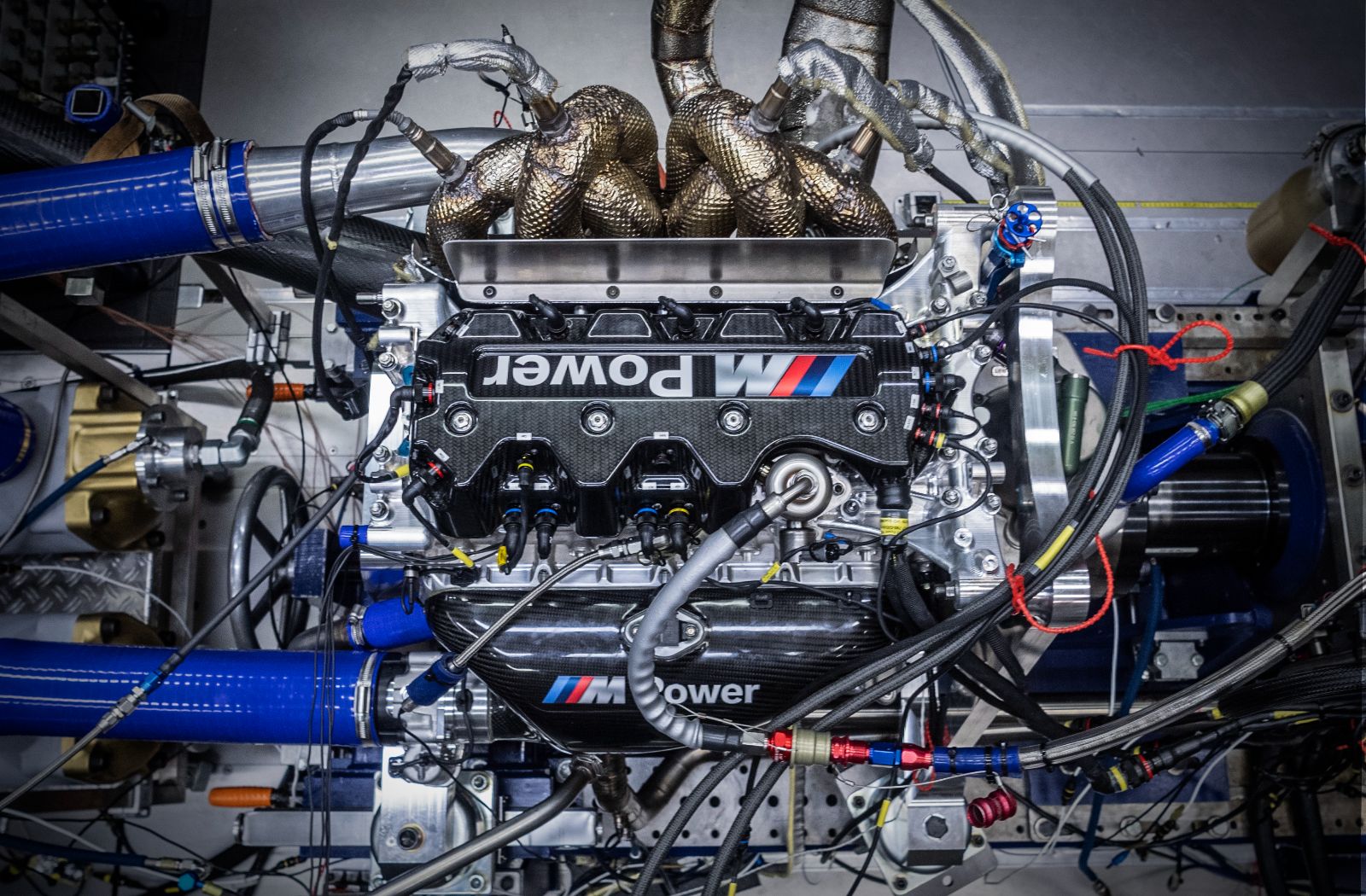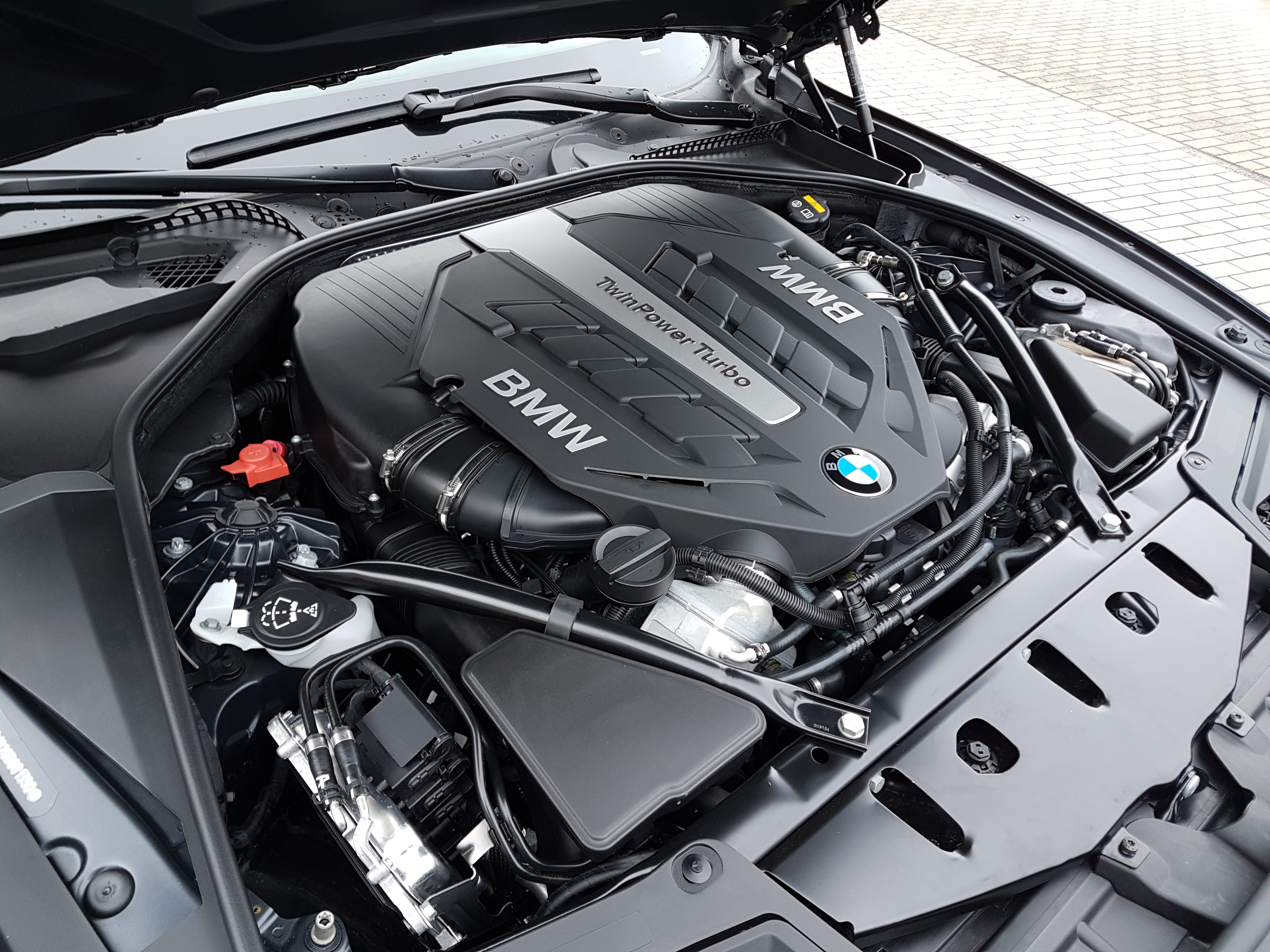Just how to Preserve Your BMW Engine for Optimal Efficiency and Long Life
Just how to Preserve Your BMW Engine for Optimal Efficiency and Long Life
Blog Article
Unveiling the Intricacies of Next-Generation Power Units: a Deep Dive Into Advanced Engine Developments and styles
As we stand on the precipice of a brand-new era in transportation, the ins and outs of next-generation engine styles beckon us to discover the cutting-edge technologies and developments that guarantee to redefine the driving experience. Delving deeper into the realms of exhaust control, intelligent engine monitoring systems, and the horizon of power unit growth, we discover ourselves on the cusp of a change that assures to improve the landscape of wheelchair as we know it.
Evolution of Engine Products

The shift in the direction of progressed engine products has actually additionally made it possible for designers to design engines with greater power outputs while keeping gas efficiency requirements. For instance, using lightweight products minimizes the general weight of the engine, causing improved fuel economic situation and reduced emissions. In addition, improvements in materials innovation have permitted much better thermal administration within engines, causing raised dependability and long life.
Turbocharging and Supercharging Technologies
Exactly How do Turbocharging and Supercharging Technologies reinvent engine performance and efficiency in contemporary automobiles? Turbo charging and turbocharging are technologies that considerably enhance engine efficiency by raising the amount of air intake into the combustion chamber. Turbocharging achieves this by utilizing a generator driven by exhaust gases to pressurize the consumption air, while supercharging makes use of a belt- or chain-driven compressor to achieve the same effect.
These innovations allow smaller sized, a lot more fuel-efficient engines to produce power equivalent to bigger ones, recognized as downsizing. By compeling more air right into the cylinders, turbocharging and turbo charging improve combustion effectiveness, leading to boosted horse power and torque outcome without a substantial rise in engine size. This causes far better acceleration, pulling ability, and overall driving performance.
Moreover, turbo charging and turbocharging contribute to improved fuel performance by permitting the usage of smaller sized engines that eat less fuel under regular driving problems - bmw engine. This combination of enhanced performance and effectiveness has made turbocharging and turbo charging indispensable elements of numerous modern-day engine styles
Discharge Control and Environmental Influence
With boosting worldwide issues pertaining to air top quality and ecological sustainability, the implementation of exhaust control modern technologies in automobiles plays a crucial role in lowering damaging contaminants released into the environment. Modern lorries are equipped with advanced emission control systems that help reduce the ecological influence of automotive procedures. Catalytic converters, for example, are created to transform harmful gases such as carbon monoxide gas, nitrogen oxides, and hydrocarbons right into much less harmful compounds like co2 and water vapor.
Moreover, developments in engine modern technology, such as the assimilation of exhaust gas recirculation systems and careful catalytic decrease, have dramatically added to reducing exhausts. These innovations work in tandem to maximize combustion effectiveness and decrease the launch of harmful toxins right into the air. Additionally, the development of hybrid and electrical lorries represents an important step towards minimizing the general ecological footprint of the transportation market.
Intelligent Engine Management Equipment

In addition, these systems enable cars to satisfy stringent discharges criteria without compromising performance, giving a much more eco-friendly driving experience. The assimilation of fabricated intelligence and artificial intelligence abilities in engine monitoring systems remains to press the limits of what is feasible, causing additional improvements in performance, dependability, and general automobile efficiency. bmw engine. As auto innovation advances, smart engine administration systems will play an important duty in forming the future of transportation in the direction of a more lasting and reliable instructions
Future Trends in Power Device Development
As smart engine monitoring systems lead the method for enhanced control and optimization in modern lorries, future patterns in power unit growth are positioned to redefine the landscape of vehicle propulsion innovations. One of the essential trends driving development in power device growth is the change towards electrification. With a raising concentrate on sustainability and lowering carbon discharges, hybrid and electrical powertrains are becoming more widespread in the vehicle industry. These different source of power supply improved performance and performance while lining up with strict ecological guidelines.
One more substantial fad is the integration of innovative materials and manufacturing methods. Light-weight materials such as carbon fiber and aluminum are being made use of to reduce total vehicle weight, improving fuel effectiveness and performance. In addition, innovations in 3D printing and additive production are making it possible for the manufacturing of complicated engine elements with higher accuracy and durability.
In addition, expert system visit their website and equipment understanding are playing a vital role in optimizing power unit performance. These technologies permit for real-time surveillance and adaptive control, resulting in more effective and dependable power delivery. Overall, future fads in power unit advancement are tailored towards efficiency, efficiency, and sustainability, driving the auto industry in the direction of a brand-new era of propulsion innovations.

Verdict
In verdict, the improvements in engine products, turbocharging, emission control, and smart management systems have actually led the way for next-generation power units. These innovations have not just enhanced efficiency and efficiency however also reduced ecological impact. As modern technology continues to progress, future fads in power unit advancement are likely to concentrate on further enhancing sustainability and maximizing power result. The intricate styles and technologies in modern-day engines display the recurring advancement of automotive modern technology.
Checking out the modern developments in engine products has been pivotal in enhancing the performance and effectiveness of modern-day engines. Over the years, the development of engine products has actually played an important role in pressing the boundaries of what engines can attain.The change in the direction of progressed engine materials has additionally made it possible for designers to create engines with higher power outcomes while keeping fuel effectiveness criteria.The application of smart engine administration systems in modern-day automobiles has changed the method engines are controlled and maximized for performance and effectiveness. By collecting information in real-time and assessing it with innovative formulas, intelligent engine management systems can adjust to driving designs, ecological factors, and engine health and wellness to like it maximize power output while lessening fuel intake and discharges.
Report this page